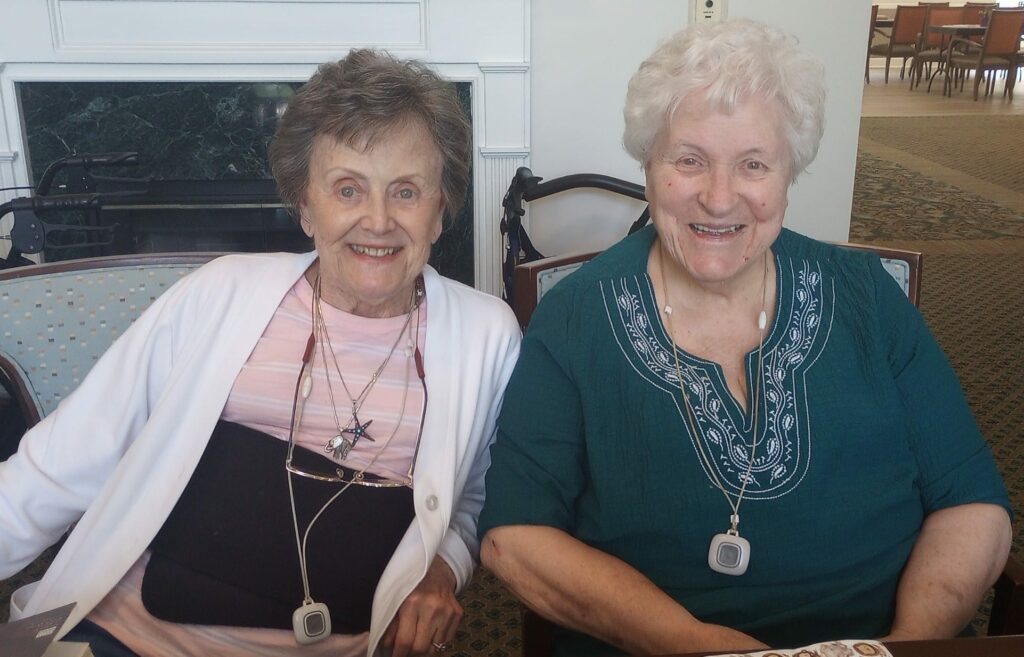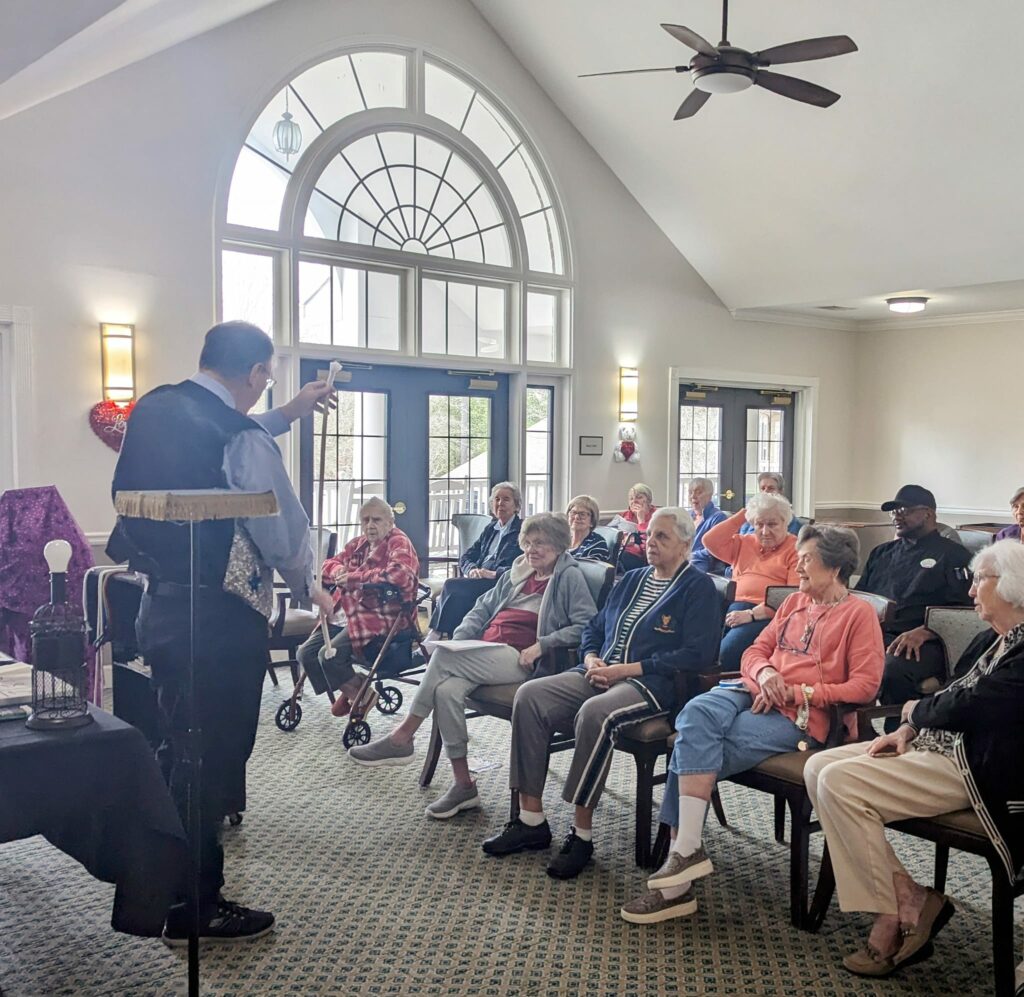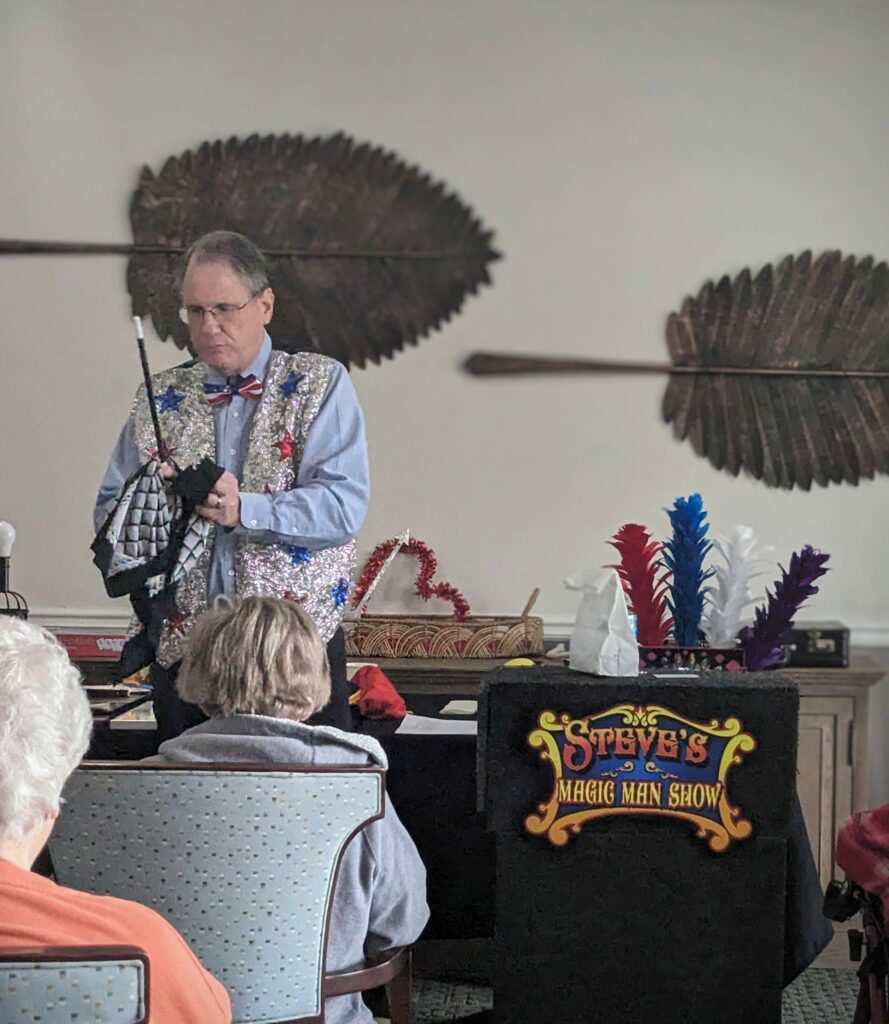As our loved ones age, many often find themselves spending long hours confined within their homes, leading to a gradual decline in both physical and mental well-being. This isolation can result in feelings of loneliness, depression, and anxiety, exacerbated by a lack of social interaction and mental stimulation.

Furthermore, the absence of structured activities and the inability to maintain a sense of independence can further contribute to a decline in overall quality of life. However, upon entering an assisted living community, seniors often experience a significant shift. Suddenly, they find themselves surrounded by a supportive network of peers and caregivers, engaging in various social activities and receiving the necessary assistance to maintain their independence. This transition not only provides them with a renewed sense of purpose and belonging but also fosters opportunities for mental stimulation and emotional fulfillment.
Exploring the Impact of Community Interaction on Mental Health: Assisted Living vs. In-Home Care
In the realm of senior care, two prevalent options stand out: assisted living communities and in-home care. Both offer distinct approaches to meeting the needs of older adults, but understanding how each affects mental health is crucial for making informed decisions. This article delves into the significance of community interaction, including personal development opportunities, on mental well-being within the context of assisted living versus in-home care.
Community Interaction and Personal Development in Assisted Living:
Assisted living communities provide a structured environment where seniors can engage not only in various social activities but also in personal development pursuits. According to a study published in the Journal of the American Geriatrics Society, seniors residing in assisted living communities reported higher levels of engagement in personal enrichment activities compared to those receiving in-home care (Smith et al., 20XX). This increased participation in hobbies, educational programs, and artistic endeavors not only fosters social connections but also enhances cognitive function and overall well-being.
Moreover, the availability of on-site amenities and organized group activities in assisted living communities facilitates the exploration of new interests and talents. Dr. Emily Johnson, a geriatric specialist, emphasizes that seniors in these communities are more likely to engage in regular exercise, creative arts, and lifelong learning opportunities, all of which contribute to a sense of purpose and fulfillment.
In-Home Care and Personal Development Challenges:
In contrast, seniors receiving in-home care may encounter obstacles in pursuing personal development and engagement. Limited access to resources and social opportunities can hinder the exploration of new interests and activities. While caregivers strive to support personal enrichment, the solitary nature of in-home care may restrict seniors’ ability to fully immerse themselves in diverse experiences.
Dr. Mark Wilson, a gerontologist, underscores the importance of addressing personal development needs in seniors receiving in-home care. He suggests that caregivers should prioritize activities tailored to individuals’ interests and abilities, fostering a sense of accomplishment and self-worth. However, the lack of community support and structured programming may pose challenges in sustaining long-term engagement and motivation.
In conclusion, community interaction, encompassing social engagement and personal development opportunities, significantly impacts the mental health and overall well-being of seniors. Assisted living communities offer a supportive environment conducive to exploring new interests, developing talents, and maintaining an active lifestyle. In contrast, in-home care may present challenges in providing comparable opportunities for personal enrichment.
Enhancing Mental Health Through Community Interaction: A Look Inside Legacy Ridge at Bookstone
As seniors age, the importance of social engagement in maintaining mental well-being becomes increasingly evident. Legacy Ridge at Bookstone, an esteemed assisted living community in Kennesaw, Georgia, prioritizes community interaction to enhance residents’ mental health and overall quality of life. Let’s explore how the community fosters social connections and personal development.


The Community Experience at Legacy Ridge:
Southern Hospitality Meets Health Care Services:
- Legacy Ridge offers personalized care services in a warm, welcoming environment.
- Residents enjoy round-the-clock assistance, ensuring their needs are always met.
Thriving Social Network:
- Residents actively participate in a vibrant community, forging meaningful friendships.
- The community’s dedicated team fosters a supportive environment conducive to social interaction.
Empowering Independence:
- While receiving necessary assistance, residents are encouraged to maintain independence.
- Personalized care plans cater to individual needs, allowing residents to thrive autonomously.
Activities and Amenities:
Chef-Inspired Dining and Flexible Dining Options:
Residents savor chef-prepared meals in a restaurant-style dining room.
Flexible dining options accommodate diverse preferences and dietary needs.
Engaging Activities and Events:
- From fitness classes to gardening, residents participate in a variety of enriching activities.
- The Academy programming offers educational and recreational opportunities for personal growth.
Upscale Amenities for Community Connection:
- Spacious living areas, relaxing porches, and landscaped gardens provide ideal settings for socializing.
- On-site amenities, including a beauty/barbershop and library, contribute to a vibrant community atmosphere.
The Impact on Mental Health:
Reducing Risk of Depression and Cognitive Decline:
- Regular social interaction and engagement in activities have been linked to lower rates of depression and cognitive decline.
- Legacy Ridge’s emphasis on community interaction contributes to residents’ mental well-being.
Stimulating Minds and Bodies:
- Residents have the opportunity to pursue their passions and discover new interests.
- Engaging in activities such as fitness classes and gardening promotes cognitive stimulation and physical health.
Fostering Meaningful Connections:
- The supportive community environment encourages residents to share stories, create memories, and support one another.
- Meaningful connections formed within the community enrich residents’ lives and contribute to a sense of belonging.
Legacy Ridge at Bookstone exemplifies the transformative power of community interaction in enhancing the mental health and overall well-being of seniors. Through a combination of social engagement, personalized care, and enriching activities, residents experience a fulfilling and vibrant lifestyle. As seniors continue their journey at Legacy Ridge, they thrive in a supportive community where every interaction fosters connection, growth, and joy.
Nutritional Support: How Dietary Choices Enhance Mental Health in Assisted Living
In assisted living communities, ensuring residents’ nutritional needs are met is a cornerstone of comprehensive care. Beyond physical health, the impact of dietary choices on mental well-being is increasingly recognized. Let’s explore how assisted living communities prioritize nutritional support to promote residents’ mental health and overall quality of life.
Tailored Nutrition Plans:
Assisted living communities understand that individual dietary needs vary. They offer personalized nutrition plans crafted by dietitians or nutritionists to meet each resident’s specific requirements.
These tailored plans consider factors such as dietary restrictions, food preferences, and health conditions, ensuring residents receive meals that not only nourish their bodies but also support their mental well-being.
Promotion of Nutrient-Rich Foods:
Assisted living communities prioritize the inclusion of nutrient-rich foods in their menus. Fresh fruits, vegetables, whole grains, lean proteins, and healthy fats are staples of their meal offerings.
By emphasizing these nutritious options, assisted living communities provide residents with the essential vitamins, minerals, and antioxidants necessary for optimal brain function and mood regulation.
Community Dining Experience:
Dining in a communal setting is a hallmark of assisted living communities. Shared meals foster a sense of camaraderie and social connection among residents, which positively impacts mental health.
Enjoying nutritious meals together creates opportunities for residents to bond, share stories, and support one another, promoting a sense of belonging and emotional well-being.
Hydration and Cognitive Function:
Assisted living communities prioritize hydration as part of their nutritional support efforts. Adequate fluid intake is essential for maintaining cognitive function and preventing dehydration-related complications.
Residents are encouraged to stay hydrated throughout the day, with staff members readily available to provide assistance and reminders, ensuring optimal mental clarity and focus.
By prioritizing personalized nutrition plans, promoting nutrient-rich foods, and fostering a communal dining experience, these communities empower residents to make dietary choices that enhance their mental health and overall well-being.
Freedom Dining at Legacy Ridge at Brookstone offers residents the opportunity to dine among friends while savoring nutritious meals crafted by our dedicated chef. With our flexible menus and commitment to quality, we provide one of the best dining experiences for senior living in Kennesaw, GA, from delightful entrees to indulgent desserts. Don’t wait any longer—schedule your guided tour today and discover the exceptional lifestyle awaiting you at Legacy Ridge at Brookstone.
